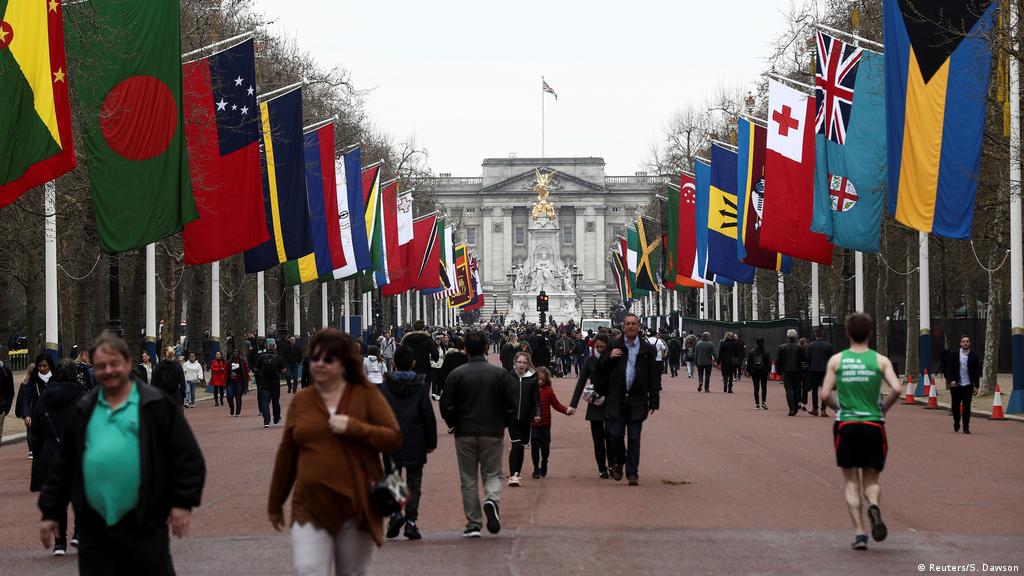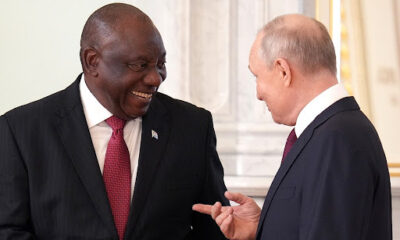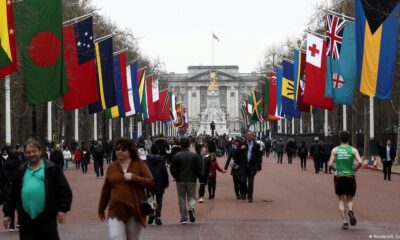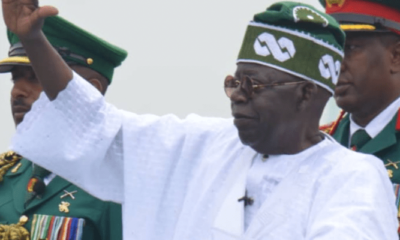Pakistan’s Prime Minister, Imran Khan, has been swept out of office after 174 members of parliament voted against hi a few days after he had blocked a similar attempt.
The former Cricket star turned politician was deposed on Saturday by a no-confidence vote in the parliament, after the country’s Supreme Court ruled that he had acted unconstitutionally by previously using his veto power to block the process and dissolving parliament.
The no-confidence motion, which required 172 votes in the 342-seat parliament to pass, was supported by 174 politicians, including members of his own party, ending Khan’s three and half years in power.
The defiant Khan has accused the opposition of colluding with the United States to unseat him, calling on his supporters to stage nationwide rallies from on Sunday.
“I will not accept an imported government. I’m ready for a struggle,” Khan had said while addressing his supporters.
With the deposition of the 69-year-old PM, Khan had become the first Prime Minister in the country’s history to be overthrown through a vote of no confidence which is the only constitutional way to remove the head of government in Pakistan.
However, it is on record that no Pakistani Prime Minister has ever completed a five-year term in office in the country’s 75-year history.
Khan’s political troubles and eventually removal took roots when his party, Pakistan Tehreek-e-Insaf (PTI) lost the support of coalition allies, denying him the majority he needed to defeat the vote of no-confidence.
Outside of parliament, Khan also lost the support of Pakistan’s powerful military, which the opposition alleged helped him win the 2018 general election, and had recently publicly fallen out with the Prime Minister over senior military appointments and policy decisions.
Before his eventual removal, principal opposition parties, the Pakistan People’s Party (PPP) and Pakistan Muslim League – Nawaz (PML-N), had ramped up efforts to dislodge Khan, with coalition allies becoming vocal in their dissatisfaction with him.
The opposition parties also accused Khan of failing to revive an economy battered by COVID-19 or fulfil promises to make Pakistan corruption free.
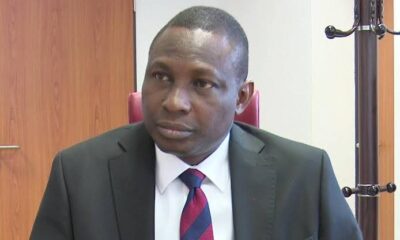
 Metro1 day ago
Metro1 day ago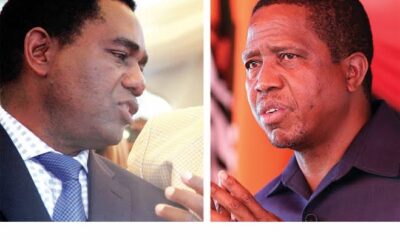
 Metro23 hours ago
Metro23 hours ago
 Tech23 hours ago
Tech23 hours ago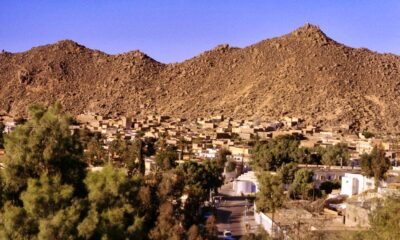
 Culture23 hours ago
Culture23 hours ago






